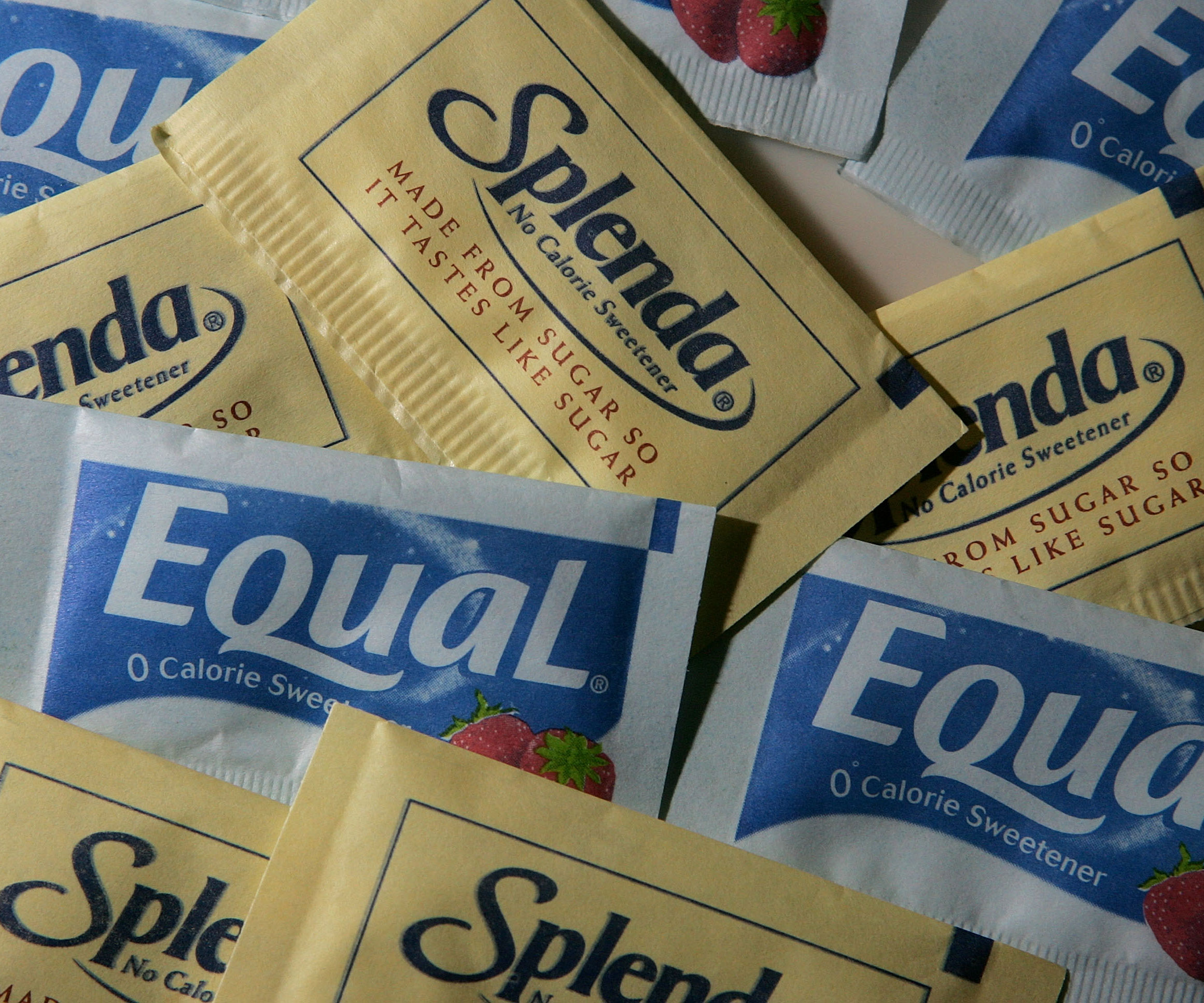New research is highlighting the link between artificial sweeteners and weight gain.
Australian researchers at University of Sydney have studied sweeteners and the impact it has on how the brain responds to food intake. This supports previous studies that show people eat more when they consume artificial sweeteners.
The reason behind it has now come to light.
The study, published in journal Cell Metabolism, looked at two sets of fruit flies over five days. The flies given sweeteners consumed one third more calories and one third more food.
Lead researcher of the project, Greg Neely, said that this indicated that the brain sensed sweetness and energy intake, and in response it regulated appetite.
Associate Professor Neely said: “Our conclusions from this study were that the sweetness and energy content of food are integrated in reward centres in the animals’ brain.
“When they’re out of balance, the brain responds and corrects it by promoting more or less food intake, in this case more food intake.”
The study used sucralose, AKA Splenda, but researchers say that the findings apply to most artificial sweeteners.
A similar study used mice and showed that regular consumption of the sweetener increased the sweet tooth of the rodents.
It also found that sweeteners promote hyperactivity, insomnia and bad sleep.
Professor Neely said that these results may not necessarily mean the same for humans, but they can be reversible.
“We found it was reversible, when animals stop taking artificial sweeteners for three days their responses go back to normal,” he said.
The makers of Splenda said they had conducted many random, placebo-controlled studies that show how sweeteners could be used as an effective weight management tool, and for diabetes management.
So if you take artificial sweeteners, best use them in moderation.


